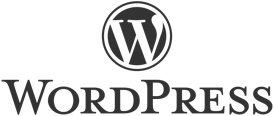Apr 03, 2017
What is SSL?

What is SSL?
Do some of your web pages display security information pop-ups? Are users warned before completing a form or newsletter sign-up on your website? It is most likely the case that you need to enable SSL.
SSL (Secure Sockets Layer) is a globally trusted security technology, establishing an authenticated link between a web server and browser. It instantly encrypts plain text, such as passwords and credit card details, to ensure all personal data remains private and integral. SSL is now an industry standard for modern websites, and browsers such as Google are pushing hard for owners to take action.
Depending on your hosting setup, implementing SSL should be relatively straight-forward. There are a variety of certificates available and not all browsers support all of them, so it is a matter of finding the one that’s right for you. For instance, certificates are usually linked to a specific domain name (e.g. www.dewsign.co.uk), so if you use subdomains such as blog.dewsign.co.uk you would need multiple or wildcard certificates.

Those with an SSL certificate are rewarded with a green browser notice stating that the site is “Secure”. Your web address will display “https” at the start, along with a closed padlock icon to indicate consumer privacy. Whether you are selling online or just collecting email addresses, SSL will improve your search engine ranking and indicate to Google that you are a secure platform to embed apps such as Google Maps. Most importantly, enabling SSL on your website increases its security and shows users that you care.
If you're interested in finding out more about SSL and website security, email us on [email protected].


